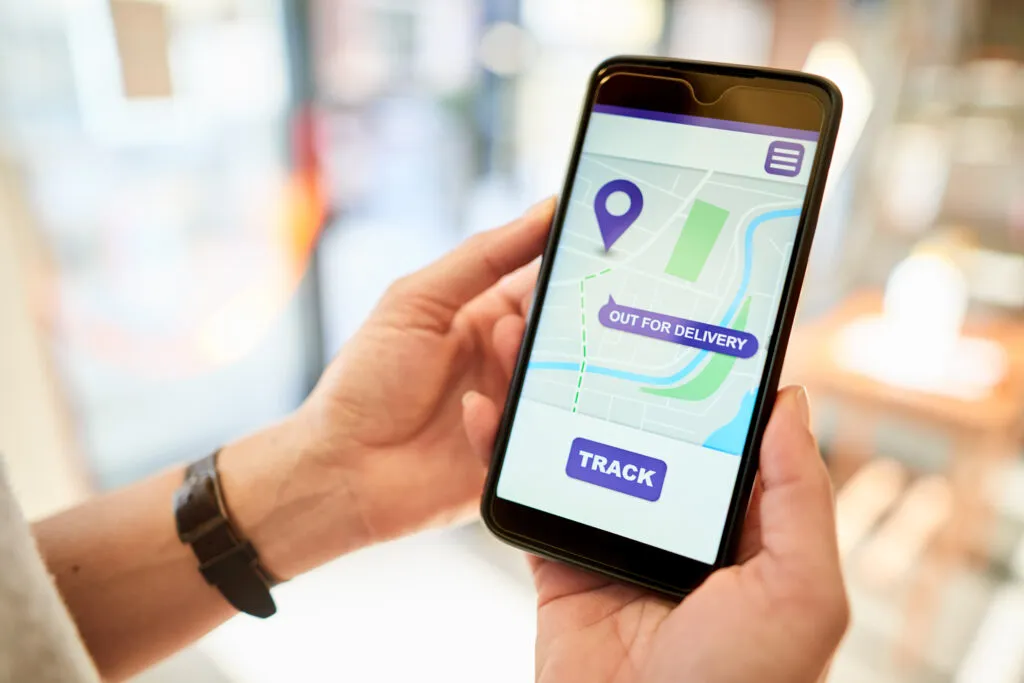
Get home early with RoadWarrior.
Enter your stops, optimize your routes, manage your team – quickly and efficiently.
Try RoadWarrior free for 7 days
Try free for 7 daysAre you looking for a career that offers competitive compensation, meaning, flexibility, and challenge? If so, medical device sales might be the perfect fit for you. With an average salary of around $124,000, medical device sales reps are top earners in the healthcare industry [^1^]. But breaking into this industry can be a challenge. In this article, we’ll discuss the three key factors that can help you break into medical device sales: education, experience, and connections.
Education: The Foundation for Success
While a bachelor’s degree is not always a strict requirement for medical device sales jobs, most employers prefer candidates with a 4-year college or university degree [^1^]. Any degree will suffice, but degrees in business, biology, or kinesiology may give you an edge over other candidates. However, education alone is not enough. To excel in medical device sales, you need to have a deep understanding of the industry and the products you’ll be selling.
To gain this knowledge, it’s important to do your research. Familiarize yourself with the job itself, potential employers, and industry news. Websites like MedCity News and MedReps are excellent resources for staying up-to-date with the latest medical device sales jobs, legislation, and innovation [^1^].
Additionally, gaining clinical knowledge is crucial in the medical device industry. Surgical implants and diagnostics play a significant role, so understanding how these devices work will enhance your skill set and set you apart from the competition. Take the time to learn about the leading medical devices in the market and stay informed about advancements in the field.
Experience: Building a Strong Foundation
While a background in sales is not always a prerequisite for breaking into medical device sales, having sales experience can give you a competitive edge. Previous success in a B2B sales role, such as copier, payroll, or uniform sales, can demonstrate your ability to meet quotas and handle the challenges of a competitive industry [^1^]. These fields have similarities to medical device sales, as they involve selling technical products to large organizations and navigating complex decision-making hierarchies.
If you’re new to sales, consider starting with a copier sales job. Though it may seem unrelated to medical devices, the sales techniques and skills you’ll acquire can be applied to any industry. Look for opportunities with reputable B2B companies like ADP, Cintas, or Xerox, as having their names on your resume can make a strong impression [^1^].
Another way to stand out as a candidate is by utilizing the right tools. RoadWarrior can be a valuable tool for medical device sales professionals. Created by a founder who wanted to streamline route planning for his wife in pharmaceutical sales, RoadWarrior offers efficient route planning and optimization features [^1^]. By reducing driving time and improving productivity, RoadWarrior can help medical device sales reps make the most of their time on the road. Apps like RoadWarrior can significantly improve your productivity. With features like route optimization, customer data visualization, check-ins, and lead generation, RoadWarrior helps medical device sales professionals save time on daily planning and improve customer relationships [^1^]. Using RoadWarrior in conjunction with your CRM system allows for better data management, follow-ups, and advanced reporting, giving you a competitive advantage in the field.
Connections: Networking for Success
Networking is a crucial aspect of success in medical device sales. Strong client relationships are essential for getting your devices through hospital purchasing departments. Additionally, building connections within the industry can help you land a job and gain valuable insights. If you don’t already have connections in the field, LinkedIn can be a powerful tool for making meaningful connections.
Join industry-specific groups on LinkedIn, such as Medical Device Development, Marketing And Sales, Medical Device Sales Professionals, and Medical Device Guru, and engage with the medical sales community [^1^]. Share and comment on articles related to medical devices and sales to demonstrate your interest and expertise. Connect with current medical device reps and recruiters, and learn from their experiences.
If you have a background in the medical field, leverage your existing relationships with medical device sales reps who frequent your clinic or hospital. Schedule coffee meetings to gain insights into the industry and potentially even shadow a rep in the field. This firsthand experience will provide a realistic view of the job and help you make further industry connections [^1^].
Ace Your Medical Device Sales Interview
Preparing for a medical device sales interview requires more than just rehearsing generic interview questions. Recruiters want to see that you have already proven yourself in a sales role. To impress them, create a brag book—a portfolio that showcases your accomplishments, credentials, and ideas [^1^]. Your brag book should include your resume, company sales rankings, positive performance reviews, letters of recommendation, photos of awards, and a 30-60-90 day plan.
During the interview, use your brag book as a visual aid to highlight your past performance and demonstrate your preparedness. Hiring managers are likely to take notice when you can present concrete evidence of your success in previous sales roles.
Conclusion
Breaking into the lucrative field of medical device sales requires a combination of education, experience, and connections. While a bachelor’s degree is typically preferred, it’s essential to complement your formal education with a deep understanding of the industry and the products you’ll be selling. Sales experience, even in unrelated fields, can give you a competitive edge, and utilizing tools like Badger Maps can improve your productivity and efficiency. Finally, networking and building connections within the industry can open doors and provide valuable insights.
With the right combination of knowledge, experience, and connections, you can launch a successful career in medical device sales. So, start your journey today and take the first step towards a rewarding and fulfilling career in this thriving industry.


